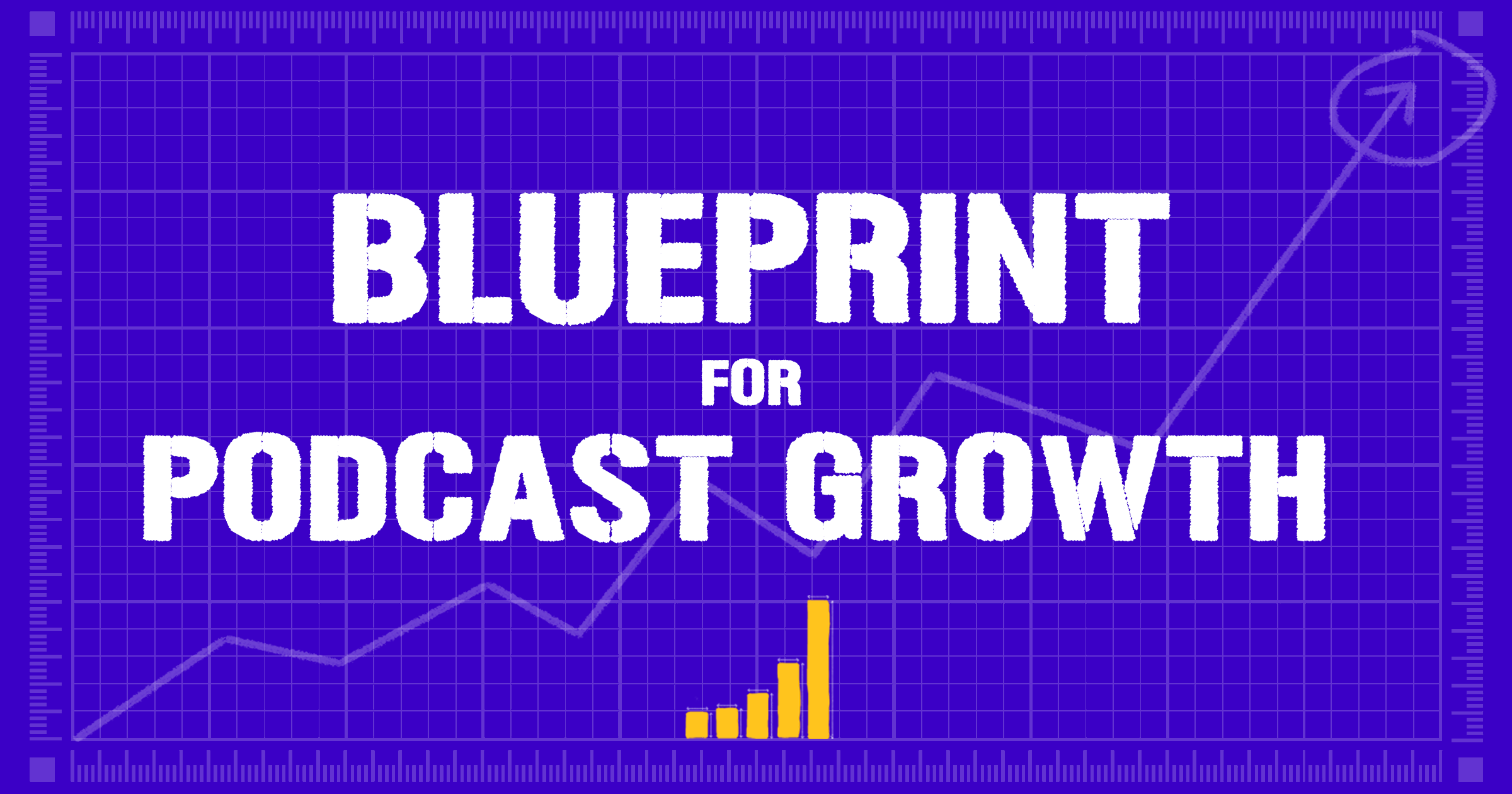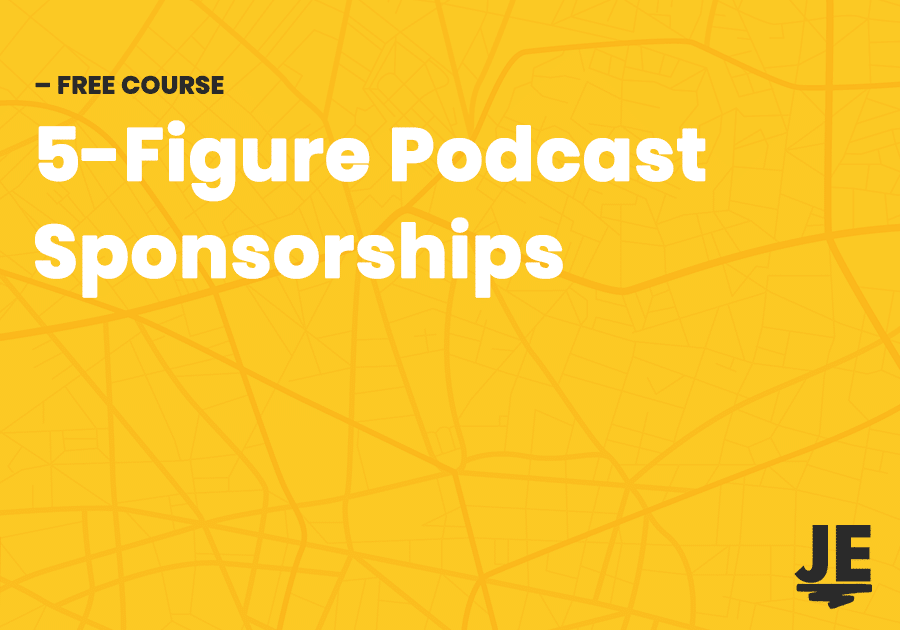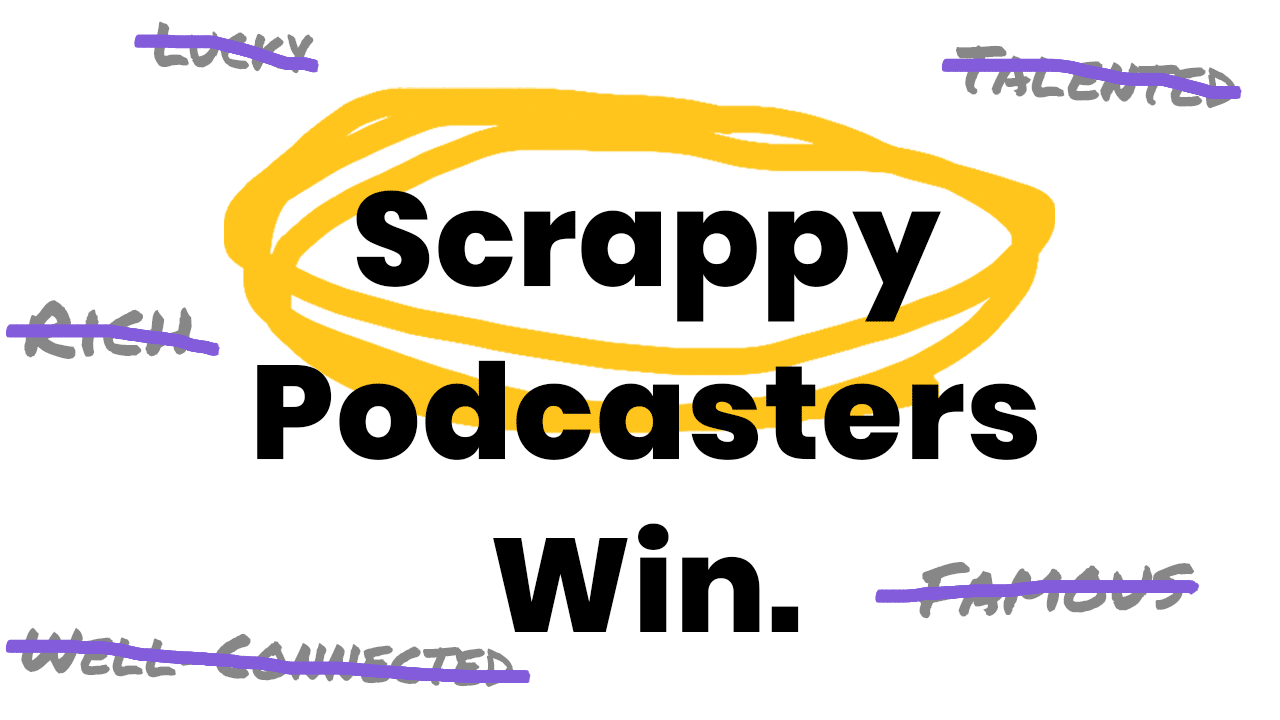There’s no escaping the truth that cold, hard data represents.
You might think you’re producing an incredible show and yet your stats show that only three people listen to it (and you know one of them is your mom).
Or maybe you think your landing page copy and offer are on point but your conversion rate is a fraction of a percent.
While it might be painful to be confronted with data that conflicts with your subjective view of the world, facing the facts can be both a great motivating force to right the ship and improve your efforts.
One of the most useful sources of data is a time log of where you spend your time.
I track all my time religiously, and the insights I’ve gained from regularly reviewing this data over the past few years are invaluable.
What You Can Learn From Tracking Your Time
One of the best ways to use time tracking to help grow and improve your podcast is to look at how much time you’re spending on tasks related to creating the podcast vs tasks that grow or improve the podcast.
Growth-oriented tasks might include your regular episode promotion, but they could also include studying how other podcasters produce and promote their shows, networking with strategic partners and potential collaborators, taking courses, reading marketing books, and more.
It’s easy to think that you’re doing everything you can to grow your show until faced with data that says otherwise. If you’re like most podcasters, the vast majority of your time is spent on creation, with little investment in activities that will help you grow and market your show in new ways that get better results.
How Much Time Should You Spend On Growth-Oriented Tasks?
While there’s no specific hourly target that everyone should aim for, you should probably be doing more than you’re doing now.
In The Snowball System by Mo Bunnell, Mo suggests that freelancers and business owners who already have a strong foundation of business should be spending a minimum 200–400 hours per year on business development, ie. tasks that will grow the business in the future.
I think the same metrics can be used to judge your investment in your podcast’s growth.
In a 2000 hour work year, 200–400 hours is 10–20 percent of your time. But note that this is for established businesses that are already successful.
Mo goes on to say that a freelancer starting out might spend 100% of their time on business development for the first six months or more in order to build up their initial client base.
Applied to podcasting, if your show and your audience aren’t where you’d like them to be, you should likely be spending as much if not more time on growth and improvement-oriented tasks than you are on creative tasks.
Setting Time-Based Goals
One of the great benefits of tracking your time is that you can use it as a goal-setting tool.
While many goals around improving your show might feel fuzzy at times, setting a goal based on time investment in growth-oriented goals is crystal clear.
If you haven’t been tracking your time investment on your podcast already, start doing it today. I love using Toggl for this.
Over the next few weeks, establish a baseline of where you spend your time when it comes to your podcast. Be sure to track each of your tasks separately using different tags or time-entry titles. You want granular data here.
Once you have your set baseline, review where you spent your time and then set a target for the coming week or month.
If you spent five hours in the past month on tasks designed to grow the podcast in the future, set a goal to invest ten hours in the next month.
The beauty of time-based goals like these is that they clearly show where your priorities lie, and they are fantastic accountability tools.
The results might not come immediately, but over the long run, if you consistently invest time in the right places, growth and improvement are inevitable.
Every Sunday I send out an exclusive article on how to use podcasting to build an audience and grow your business.
No opt-in, no freebie no bribe. But hopefully a new perspective, encouragement, and maybe even some occasional wisdom. It’s something I’m proud to create and I’d be honoured to share it with you.
- Why Wouldn’t They Just Google It? - March 14, 2021
- Before You Can Market Your Podcast, You Need To Create A Marketable Podcast - March 11, 2021
- Podcast Promotion & Marketing Are Different (Here’s How to Use Each Effectively) - March 10, 2021




